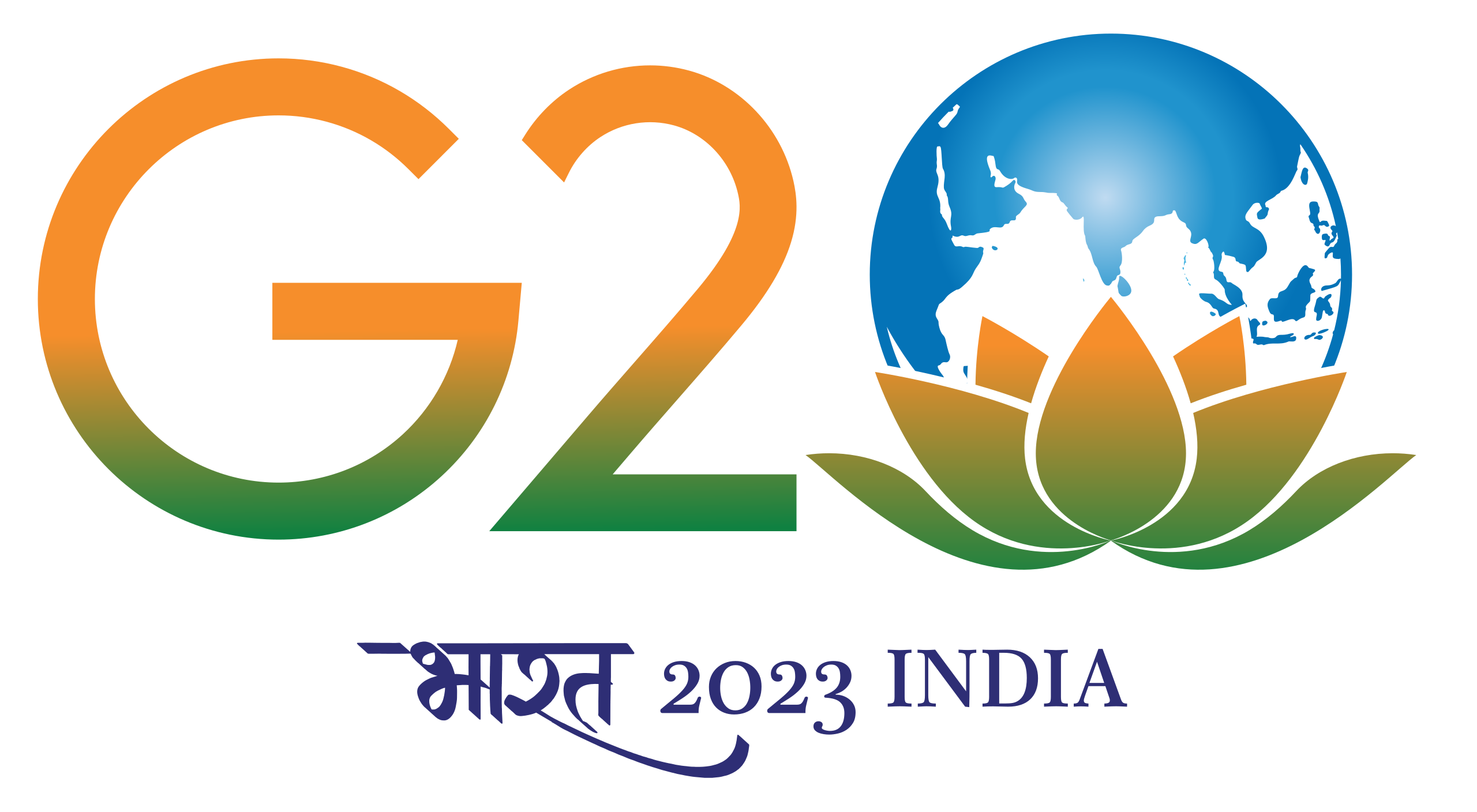Civil Engineering
Year of Starting : 1961
Present Sanctioned Intake : 172
|
PEO1 |
Provide a strong foundation in Mathematics, Basic Sciences and Engineering fundamentals to the students, enabling them to excel in the various careers in Civil Engineering. |
|
PEO2 |
Impart necessary theoretical and practical background in Civil Engineering to the students, so that they can effectively compete with their contemporaries in the National / International level. |
| PEO3 | Motivate and prepare the Graduates to pursue higher studies and research, thus contributing to the ever increasing academic demands of the country. |
| PEO4 | Enrich the students with strong communication and interpersonal skills, broad knowledge and an understanding of multicultural and global perspectives, to work effectively in multidisciplinary teams, both as leaders and team members. |
| PEO5 | Facilitate integral development of the personality to deal with ethical and professional issues, taking into account, the broader societal implications of Civil Engineering, and also to develop ability for independent and lifelong learning. |
| PO1 | Engineering knowledge: Apply the knowledge of mathematics, science, engineering fundamentals, and an engineering specialization to the solution of complex engineering problems. |
| PO2 | Problem analysis: Identify, formulate, review research literature, and analyze complex engineering problems reaching substantiated conclusions using first principles of mathematics, natural sciences, and engineering sciences |
| PO3 | Design/development of solutions: Design solutions for complex engineering problems and design system components or processes that meet the specified needs with appropriate consideration for the public health and safety, and the cultural, societal, and environmental considerations. |
| PO4 | Conduct investigations of complex problems: Use research-based knowledge and research methods including design of experiments, analysis and interpretation of data, and synthesis of the information to provide valid conclusions |
| PO5 | Modern tool usage: Create, select, and apply appropriate techniques, resources, and modern engineering and IT tools including prediction and modeling to complex engineering activities with an understanding of the limitations. |
| PO6 | The engineer and society: Apply reasoning informed by the contextual knowledge to assess societal, health, safety, legal and cultural issues and the consequent responsibilities relevant to the professional engineering practice. |
| PO7 | Environment and sustainability: Understand the impact of the professional engineering solutions in societal and environmental contexts, and demonstrate the knowledge of, and need for sustainable development. |
| PO8 | Ethics: Apply ethical principles and commit to professional ethics and responsibilities and norms of the engineering practice. |
| PO9 | Individual and team work: Function effectively as an individual, and as a member or leader in diverse teams, and in multidisciplinary settings. |
| PO10 | Communication: Communicate effectively on complex engineering activities with the engineering community and with society at large, such as, being able to comprehend and write effective reports and design documentation, make effective presentations, and give and receive clear instructions. |
| PO11 | Project management and finance: Demonstrate knowledge and understanding of the engineering and management principles and apply these to one’s own work, as a member and leader in a team, to manage projects and in multidisciplinary environments. |
| PO12 | Life-long learning: Recognize the need for, and have the preparation and ability to engage in independent and life-long learning in the broadest context of technological change. |
Programme Specific Outcomes (PSOs)
| PSO1 | The students will attain competence in mathematics, science, and modern engineering tools for the solution of civil engineering problems. |
| PSO2 | The students will have the ability to design and conduct experiments, analyse and interpret data, and synthesise valid conclusions for problems related to civil engineering and sustainable infrastructure development |
| PSO3 | The students will have the ability to identify, formulate, research through relevant literature review, and solve civil engineering and sustainable infrastructure development problems reaching substantiated conclusions |
| PSO4 | The students will be able to function effectively within multi-disciplinary teams and apply the fundamental principles of civil engineering for sustainable development |
| PSO5 | The students will be able to function effectively within multi-disciplinary teams and apply the fundamental principles of civil engineering for sustainable development |
-
Curriculum & Syllabi 2023 (B.Tech. (CE) FIRST YEAR COURSES)
List of Current Students

